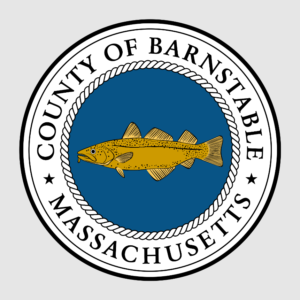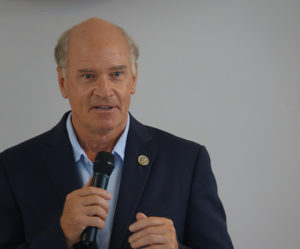 BOSTON (AP) — The state’s labor unions are turning to Beacon Hill for a little relief from a 2018 Supreme Court ruling that threatened to weaken their finances and political clout.
BOSTON (AP) — The state’s labor unions are turning to Beacon Hill for a little relief from a 2018 Supreme Court ruling that threatened to weaken their finances and political clout.
The high court ruled in a 5-4 decision that government workers can’t be forced to contribute to labor unions. The move effectively scrapped a 41-year-old decision that allowed states to require public employees pay some fees to unions that represent them, even if the workers choose not to join.
Critics of unions hailed the decision, saying everything that unions do, including bargaining with the state, is political, and workers should not be forced to pay for it. Labor supporters said the ruling would financially weaken unions.
Hours after the Supreme Court announced its ruling last June, Massachusetts House Speaker Robert DeLeo, a Democrat, told reporters that legislative leaders were talking to unions to discuss possible action.
This week the House responded by approving legislation that would let unions representing public workers charge non-members costs associated with representing them through the grievance process.
The bill builds on the House’s long-standing support of labor and “sends a clear message that Massachusetts will work to secure protections for the working men and women of the Commonwealth,” DeLeo said in a statement.
DeLeo’s office said that unlike private sector unions, public sector unions must offer all employees full and fair representation in all collective bargaining activities, employee discipline or grievance proceedings, and arbitration, regardless of union membership.
Democratic Rep. Paul Brodeur, co-chair of the Legislature’s Committee on Labor, said the so-called Janus decision — named after the plaintiff in the Supreme Court case — “is a grave threat to the organized labor movement because it empowers free-loaders to profit off of the backs of dues-paying workers.”
Letting unions charge fees to non-union members to represent them in the grievance process will help unions recoup some of the losses, supporters say.
Not everyone is a fan of the bill.
The conservative Massachusetts Fiscal Alliance said the bill would give labor leaders more power over state workers and access to personal contact information.
“The union bosses just got the green light to harass and intimidate state workers who are not enrolled in a union. They can flex their muscle as much as they want, to the detriment of our state workers,” said spokesman Paul Craney.
Craney said the bill would also give personal information to union leaders, including home addresses, personal phone numbers, and email addresses of all public employees.
Unions welcomed the bill.
David Holway, president of the National Association of Government Employees, said the bill represents a step forward for the labor movement in Massachusetts.
“The Supreme Court gave very clear guidance that an employee organization could charge non-members for individual service,” Holway said.
DeLeo’s office said the bill would also take other steps, including giving new employees the opportunity to learn about the benefits and services available to them. By requiring up-to-date contact information, it would also ensure unions can provide confidential legal advice and other communications, DeLeo’s office said.
Unions spend millions lobbying Beacon Hill lawmakers each year. The Massachusetts Teachers Association — the state’s largest union — reported spending over $500,000 on lobbying efforts in 2017.
The bill now heads to the Massachusetts Senate.























